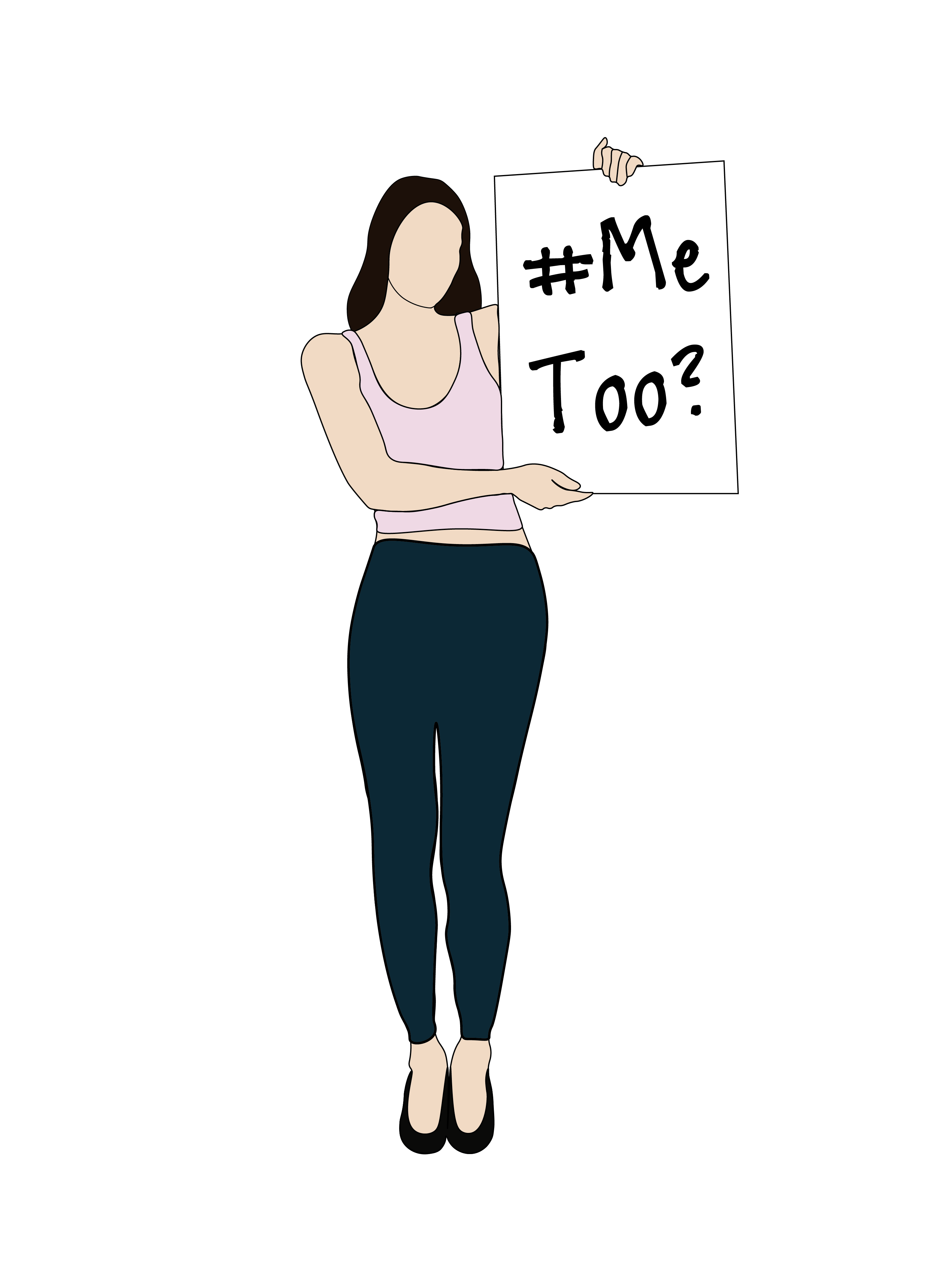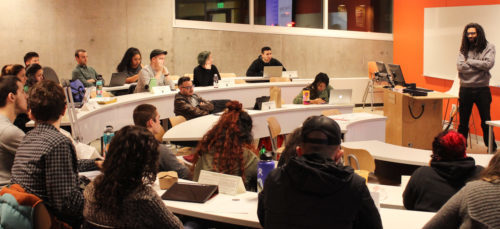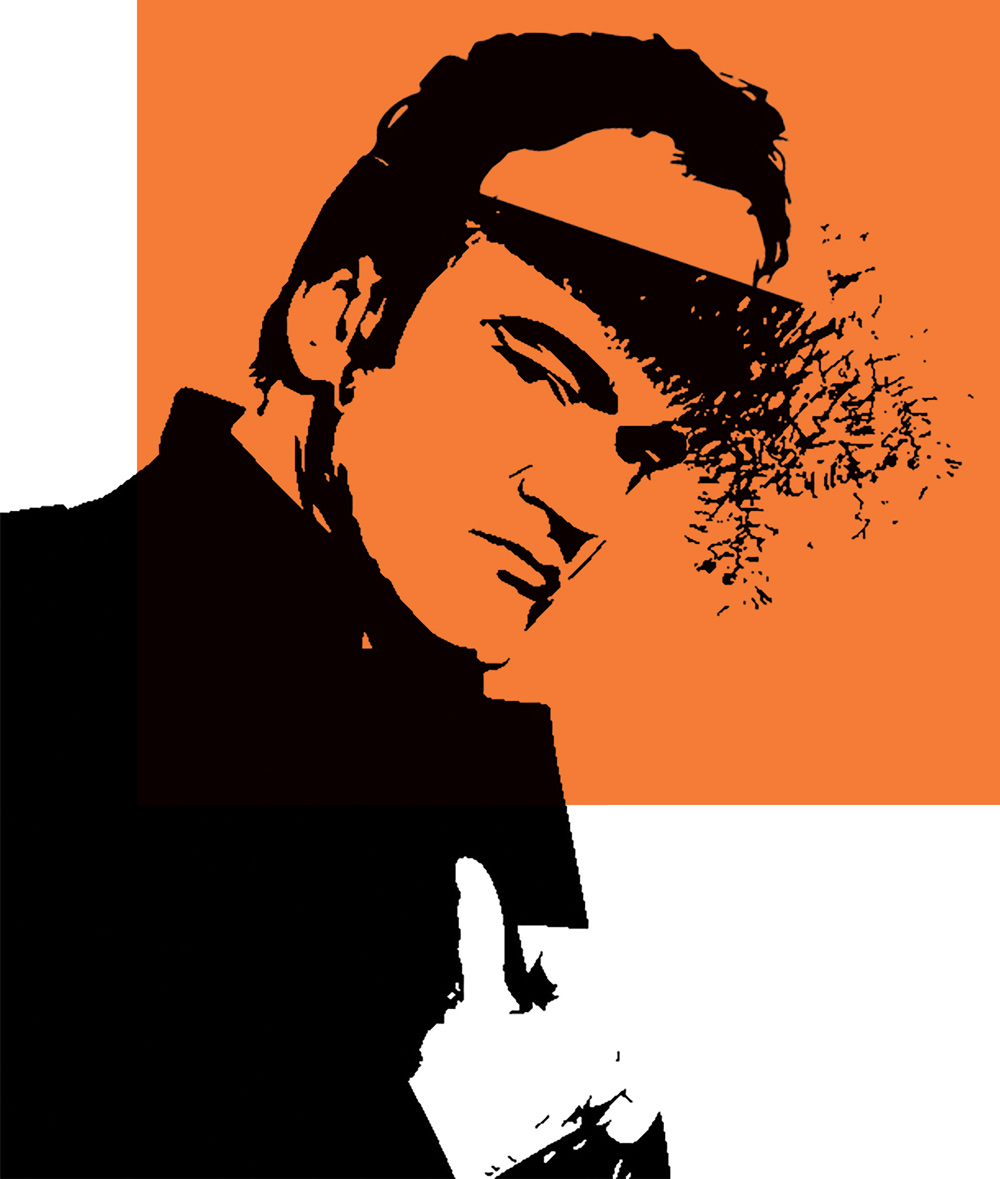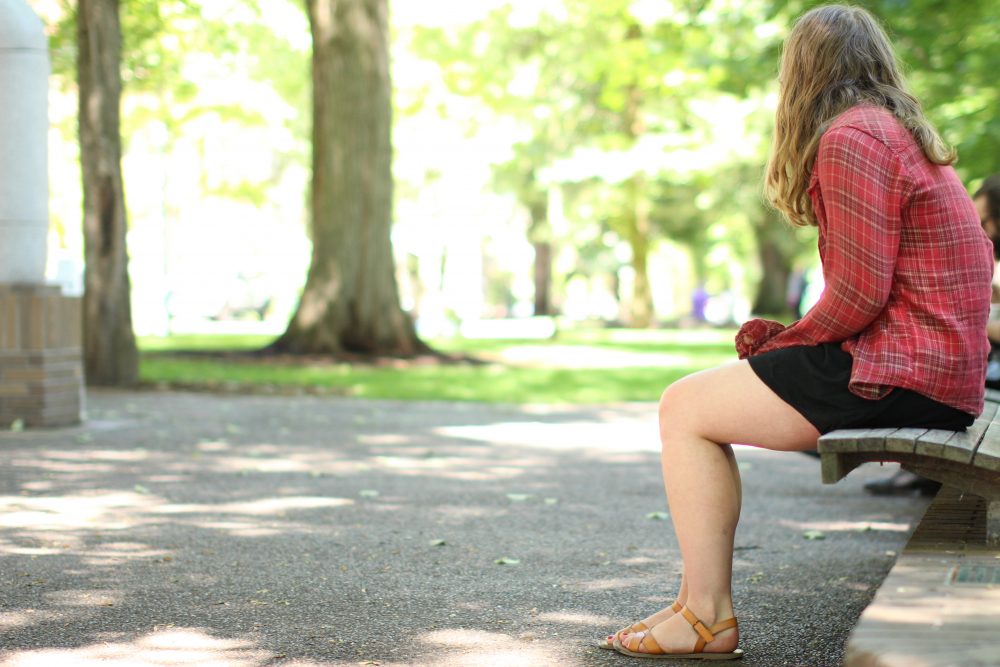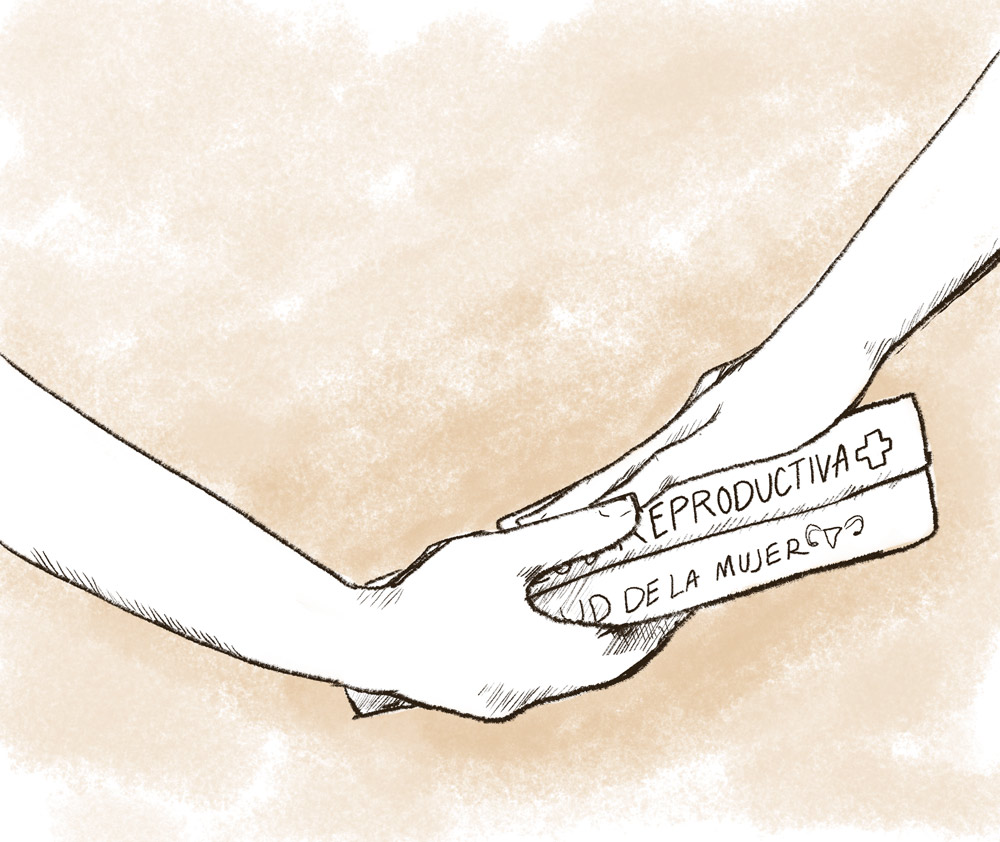Led by influential people but experienced by all, the #MeToo movement has become exclusionary in many harmful ways, which in turn is counteracting the progress.
A year and a half after the fallout of the Harvey Weinstein scandal, people throughout the United States and the world have been coming forward with their stories of sexual assault and harassment. This created the #MeToo movement, which aims to end sexual assault and harassment, prosecute perpetrators and empower victims.
This movement has grown to include hundreds of thousands of voices, yet with the media taking hold, not all of those people are represented. In fact, many survivors feel as though they cannot come forward at all in fear of rejection by the movement’s supporters themselves.
Megan Fox, a well-known actress throughout Hollywood, has expressed this frustration publicly. Fox told The New York Times she didn’t think she would ever be “considered normal or relatable or likable,” and that was one of the reasons she chose not to come forward with her experiences.
A marked fear of victim blaming by the media was weighing on Fox’s mind as well. She noted that “if ever there were a time where the world would agree that it’s appropriate to victim-shame someone, it would be when [she] came forward with [her] story”.
People are choosing not to report instances of assault because of how the media presents the perfect sexual assault victim—someone who is relatable to everyone in the movement and is easy for people to feel sympathy for. Fox doesn’t see herself this way, and it has held her back from adding to a movement that should support her.
This is not just an issue in Hollywood or in the lives of celebrities—this is a pressing concern for every citizen in this country. According to the National Sexual Violence Resource Center, one in five women and one in 71 men in the U.S. will experience sexual violence in their lifetimes. We can’t accept these numbers as accurate—they are without a doubt too low since the majority of survivors do not report. Report numbers are even more inaccurate for men.
With the perpetual bombardment of the typical survivor from the media, it is no wonder people choose not to come forward.
Take for instance the exclusion of male sexual assault survivors. A horrific cocktail of toxic masculinity and inaccurate media portrayal has prevented male-identifying people from coming forward out of fear of being seen as less than a man.
Terry Crews has been one of the most outspoken critics of this, challenging the media’s silence around male survivors. On Twitter, in interviews and even to the Senate, Crews has been vocal about how the “silence is deafening when it comes to men talking about this issue.”
Crews is a sexual assault survivor himself, and has been open about his experience on social media platforms. He faces criticisms on many fronts—not only is he a man who has survived sexual assault, but he also has to contend with Black masculinity and the expectations that go along with it.
If the media was more inclusive of his message and others like it, more men, especially men of color, would feel comfortable speaking out about their experiences.
Despite the #MeToo movement’s prevalence, media inaccuracy has created another storm that it must weather. Becoming inclusive for all survivors and allowing every person to feel comfortable and welcomed when reporting their experience is the next hurdle.

